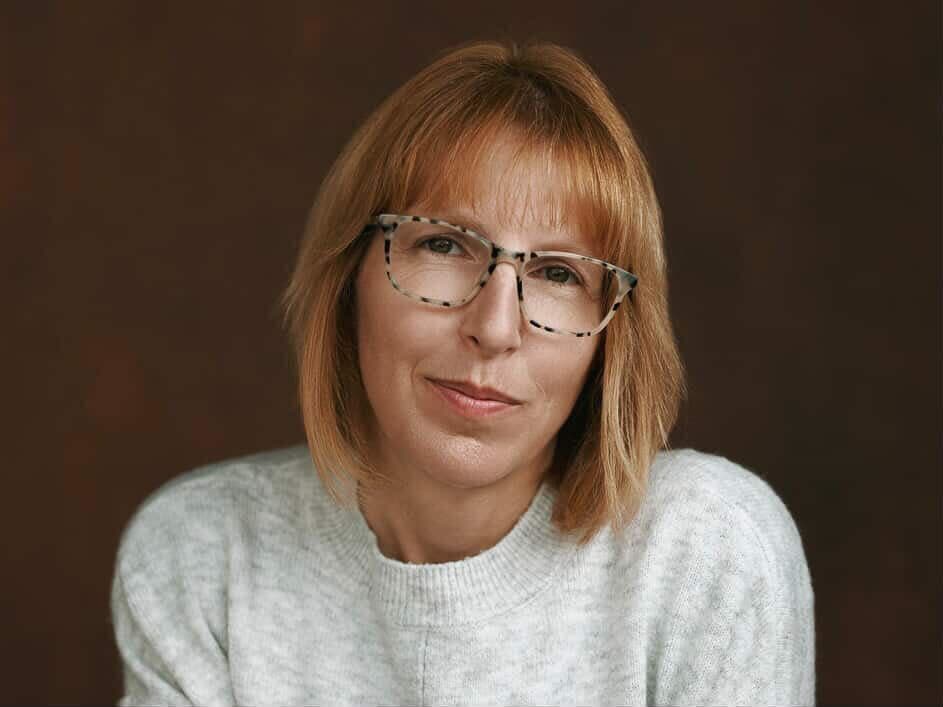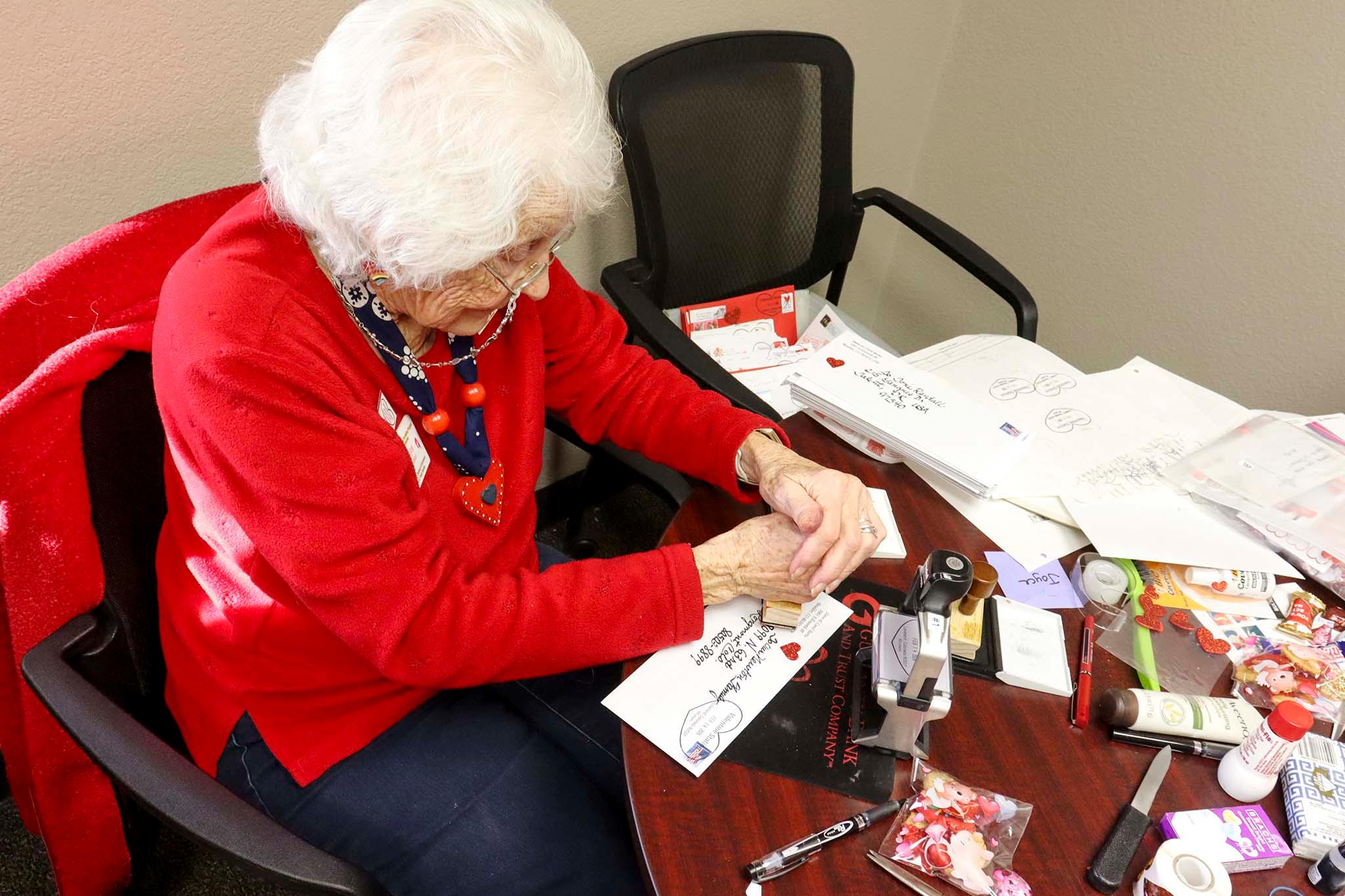
Geriatricians – doctors trained to treat older adults – are a scarce commodity across the country and in Colorado. The state has about a million residents aged 65 and older and, according to the most recent data available, only 110 geriatricians. Aging experts say the need is critical for Colorado's fastest-growing older population, including those in rural parts of the state where the challenges are particularly acute for older people.
Here are five things we learned about aging from Dr. Erika Altneu, a geriatrician in Salida:
On when it’s time for an older adult to transition from home to assisted living or a nursing home:
“Many people want to stay home but if you are having difficulty caring for yourself in your home or finding someone to take care of you, if someone has dementia or lacks good judgment, if there are safety concerns, like someone might be cooking and could set fire to their house, or they're leaving the faucets on and flooding the house, that’s where you draw the line and people have to move out.”
On who should have a geriatrician:
“Everyone needs a primary care physician and needs to have a good relationship with their PCP. There are not enough geriatricians to cover our senior population, but the people who benefit most from having a geriatrician are older seniors with complicated cases, people who have multiple chronic conditions dealing with polypharmacy, meaning that they're on lots of drugs that may be interacting with each other, people who have dementia or people who are falling frequently. So we look at those folks with a different lens, really trying to maximize quality of life, maximize independence, but also with the recognition that people are in a later chapter of their life and their medical care should be in line with what their wishes are.”
| Whether you're aging yourself or caring for someone who is, what questions do you have? Email us at [email protected] or leave a voicemail at 303-871-9191 X 4480. |
On medications and ‘deprescribing’:
“One of the biggest principles of geriatrics is deprescribing, meaning taking people off of their medications because a lot of times there's this prescribing cascade that happens. Somebody is started on one medicine and they start having side effects from that medicine so then they get put on another medicine to treat the side effects of medicine A and so on. So taking a step back and really looking at that list, which can be quite long, and figuring out what can go is part of what we do.”
On combating loneliness:
“Loneliness gets harder as you get older because then you've got people in their late seventies, eighties and people die. And you might've had a strong friend group, but you might've lost nearly all of them. So that can then turn into isolation because now you're in a position where you're 85 and are you going to go out and make new friends because your friends have passed away? I think a great idea that a friend gave to me is that everyone should try to have a friend of every generation or of every decade. So you should have a friend that's in their twenties, a friend in their thirties, etc. that kind of insulates you against some of those losses.”
On living well and dying well:
“I think that my responsibility to my patients is to give them a good life while they're here, but also to give them a good death. And if I haven't, then I am disappointed. Most people do not want to die in the hospital. They would want to die at home. And so if I can anticipate that someone is approaching the end of their life and there's clues that I look out for, then I start having those conversations early. And I enroll people in hospice on the early side. The average enrollment in hospice is only days, whereas hospice is a service that is available for months before a person's death. So using hospice care at home allows a person to stay at home and pass peacefully surrounded by family or friends.”
| This story is a part of Aging Matters, a series from Colorado Matters about the Centennial State's aging population. Read more stories here. |








